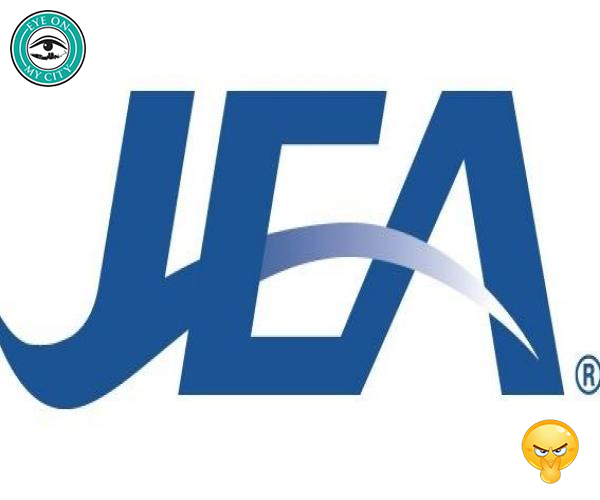
Customers of the JEA better buckle up. They are about to go for a ride.
Over the next 10 years, their bills are likely to soar.
JEA once had the lowest electric rates in the state and went for 13 years without an increase.
But currently they have some matters facing them that will entail huge costs – and customers inevitably will pay those costs.
One factor is the contract to buy power from Plant Vogtle in Georgia. While someone was asleep at the switch, the city-owned utility blundered into a situation where they are going to have to pay enormous amounts for power.
That issue has been covered extensively. One that has not been given the same coverage is related to the fact that JEA also is a water and sewer utility.
A half-century ago, untreated sewage was dumped into the St. Johns River. Up to a point, the river could process it naturally but the new consolidated government got ahead of federal mandates and shut off the outfalls before pollution got out of hand.
The city also bought out private utility companies, connected them to the city’s system and built plants to treat the sewage before discharge into the river.
New Florida law, however, says you can’t even discharge treated effluent into a waterway.
That means the city must modify its wastewater plants and find another way to dispose of the effluent. One option could be deep injection underground and that, of course, would infuriate environmentalists and generate expensive lawsuits.
Other options also are problematical. They include re-use of treated water, storage and recover and the unsavory sounding “toilet-to-tap” where wastewater becomes drinking water. JEA is doing a pilot project on deep well injection.
The JEA board held a discussion of this problem at its October meeting, under the rather foreboding title of “Elimination of Nonbeneficial Surface Water Discharges.”
JEA’s preliminary plan is to use a combination of the options, not including wetlands hydration, and estimated the “initial” costs at $1.85 billion but warned that “uncertainties” could change the estimate.
The plan must be completed this year and implemented by 2032. That is not a long time for such a huge project. JEA operates 14 treatment plans processing 81 million gallons a day.
In addition to the rising costs to JEA of the nuclear power project – now estimated at more than $3 billion, or double the original cost –oil and natural gas prices already are soaring.
One expert told Eye on Jacksonville that the various wastewater changes looming could cost the JEA more than $2.5 billion, depending on the options chosen.
About the only bright spot is that the utility company has paid down debt substantially over the past 10 years.
No utility company, public or private, is popular. JEA began losing whatever favor it had in the early 1970s when the Arab oil cartel tripled oil prices overnight – which caught JEA at a time when it was 100 percent dependent on oil to generate power.
It regained some of that favor by holding down costs but when they explode, a public outcry is inevitable. The JEA board probably would be wise to begin a gradual increase in prices, to avoid a huge sticker shock all at once.
A rogue director and a lax board, both now gone, sullied the JEA’s reputation in the city. That will worsen when rates begin skyrocketing over the next 10 years, no matter how much JEA blames it on forces beyond its control.
For obvious reasons, the JEA seems to be trying to keep the festering problem under wraps, but it is there.











